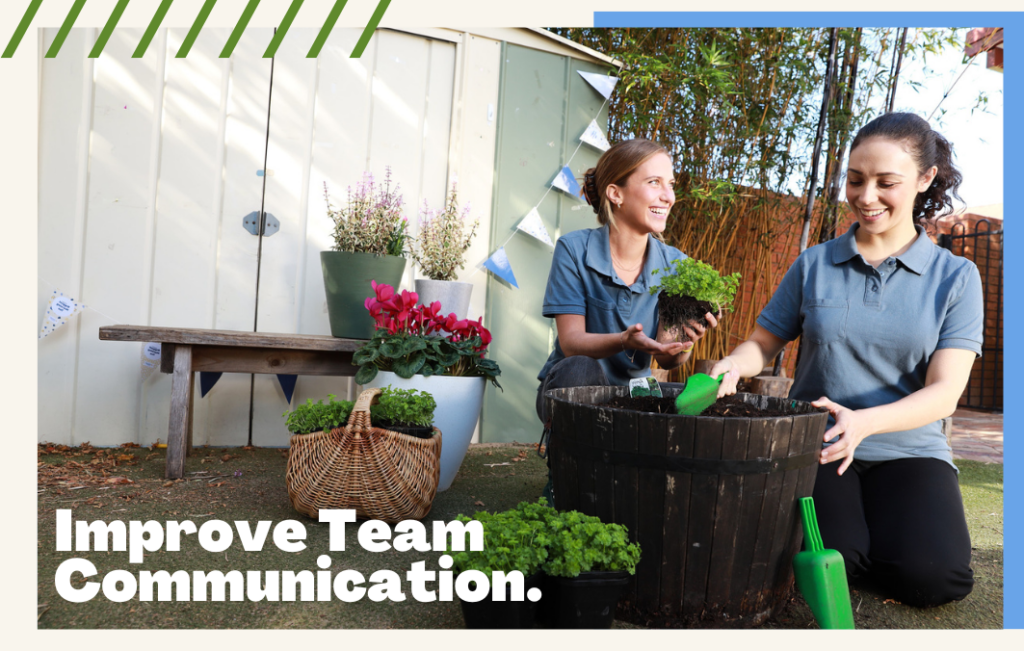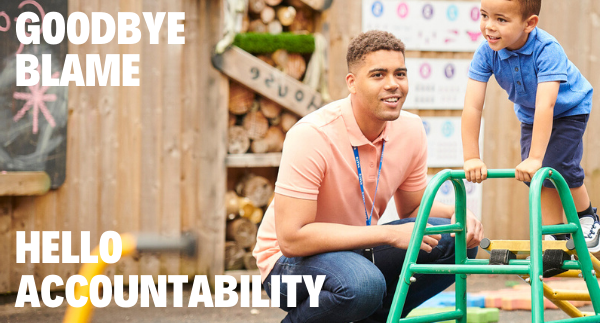
We work in a fast-paced environment with a whole range of differing personalities and sometimes this can cause conflict.
Some Educators will naturally gravitate to each other and others will have less than ideal relationships. Some Educators like to fill the room with energy and chatter whilst other people like quiet reflection and contemplation. Some of us enjoy basking in the glow of the limelight while others are very uncomfortable with public displays of praise.
Not everyone in the world communicates and reacts to their environment in the same way. Educators work and communicate in very different ways. Learning how to identify and understand different working styles is a fundamental component of creating high performing and harmonious teams.
Personality clashes are not inevitable and are often the result of a lack of understanding and awareness.
Personality clashes are not inevitable and are often the result of a lack of understanding and awareness.
There tends to be four main working styles;
- analytical,
- driver
- amiable,
- expressive.
Each of these working styles exhibits general characteristics, strengths, and weaknesses. They need to be managed and communicated in different ways. Understanding the unique characteristics will help your team bring out the best in each other.
Four Educator Styles
Driver
Drivers have a dynamic and direct working style. They exude confidence and move very quickly to action. For Drivers, close enough is good enough. Drivers’ strengths are that they are very determined individuals. They are independent and they are productive. Drivers get a lot of things done.
On the weak side, the driver can be insensitive, unsympathetic, harsh, proud and sarcastic. They can also rush to a decision without thoroughly thinking it through.
Driver
Educator
Analytical
The analytical personality type is very profound and thoughtful. They are serious and purposeful individuals. Analyticals are orderly, organized, they love lists and process.
They want things done right! And they want them done right the first time. They are neat and tidy individuals. Analyticals are detail focused and they are self-disciplined.
Analyticals’ weaknesses are that they can be moody, critical and negative. Analyticals can be indecisive and they over-analyse everything.
Analytical
Educator
Expressive
Expressives’ are the social specialist because they love to have fun. They are individuals who turn disaster into humour. They prevent dull moments and they are very generous people. They want to be included in projects, in teams and conversations.
On the strong side, the expressive is very outgoing and easily engaged. They are ambitious, charismatic, and persuasive. On the weak side, they can be disorganized, undisciplined, loud, and lose interest quickly.
Expressive
Educator
Amiable
The amiable working type is very patient and well-balanced. They are quiet team players, very sympathetic, kind, and inoffensive. Amiables do not like to offend people.
An amiable is easy going and everybody likes Amiables. They don’t like conflict, so they’re very agreeable. They’re diplomatic and calm. But on the weak side, their aversion to offence and conflict can also manifest as a weakness.
Amiable
Educator
When you change your approach to suit your colleagues’ working styles we can bring out the best in each other.
When you take this approach as a team, you’ll find you have increased collaboration and less aggressiveness. They will have increased engagement, positivity and genuine respect and acceptance of different personalities.
Would you like to improve communication and reduce conflict in your team? We can help!
In our 2-hour team workshop, “Understanding Yourself and Others” we’ll help you identify your personality style and help your team work together better!

This is really interesting, thankyou for sharing.